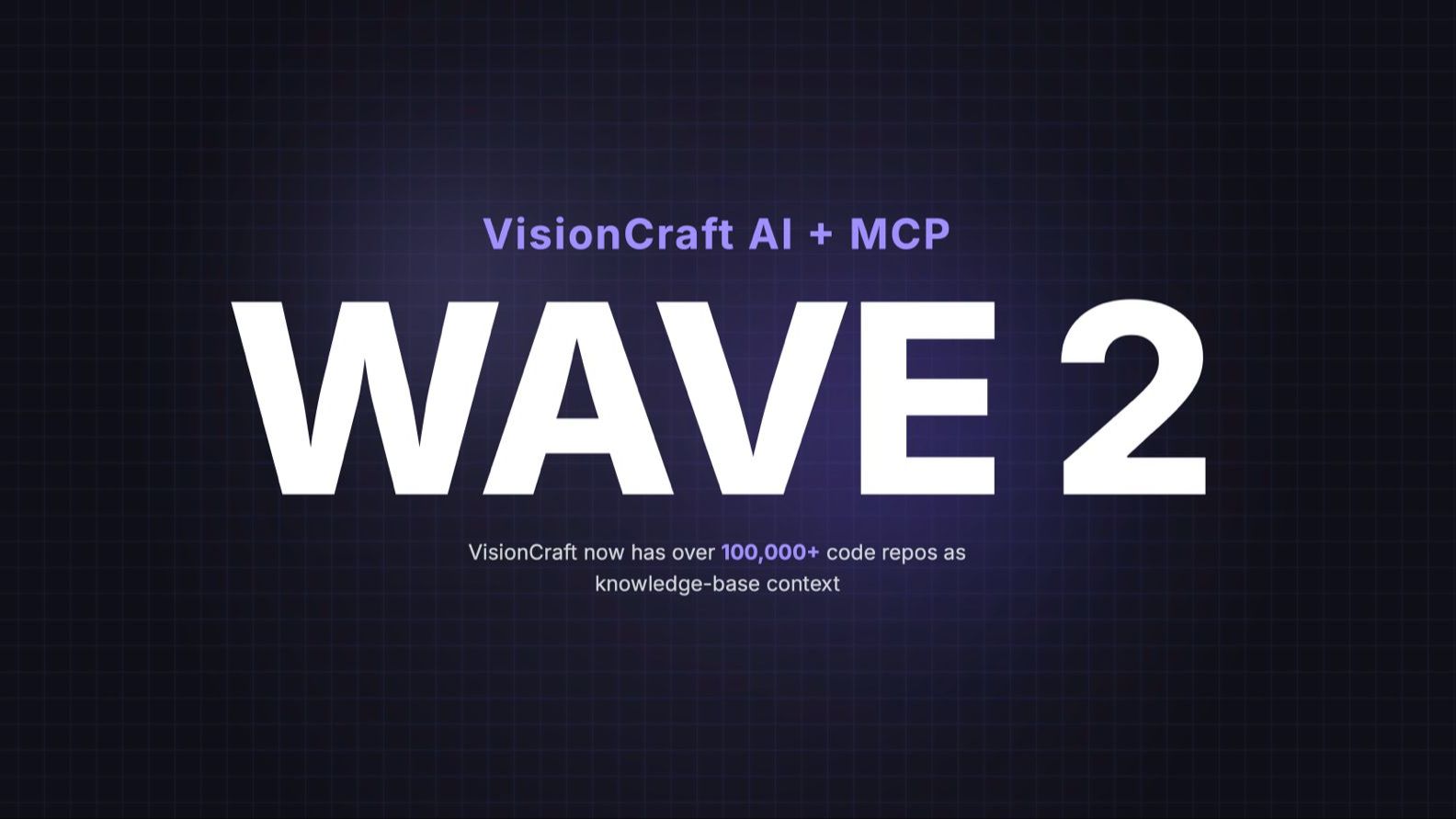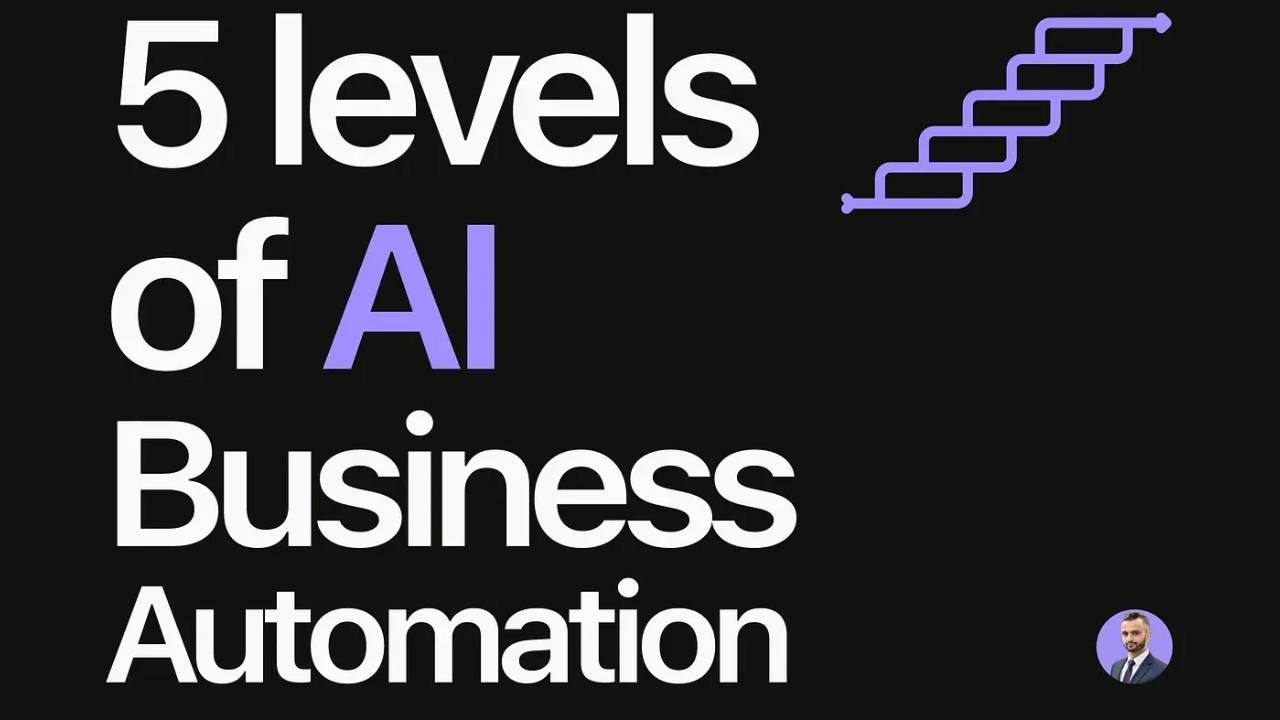
🤯 How VisionCraft MCP Supercharges LLM Context Management (and Beats Context7)
The LLM Knowledge Gap: Why Your AI is Often Wrong
Imagine asking your AI assistant for the latest syntax of a newly released Python library. Chances are, it'll confidently spout outdated information, leading to frustrating debugging sessions and potentially broken code. This isn’t a glitch; it’s a fundamental limitation of large language models (LLMs). They're trained on massive datasets, but those datasets quickly become stale. The world moves fast, and LLMs struggle to keep up.
This "knowledge gap" is a critical problem for developers building AI-powered tools. It hinders productivity, reduces trust in AI, and creates a constant need for manual verification. You’re essentially building on shifting sand. ⚡️ 🎯
The solution? Giving your LLMs access to real-time, accurate documentation. This is where context management tools like Context7 and Visioncraft MCP come in. But which one truly delivers?
Introducing Context7: A First Look at Up-to-Date Docs
Context7, developed by Upstash, aims to solve the LLM knowledge gap by providing up-to-date documentation for various libraries. It extracts code snippets and examples from official documentation, enriches them with short explanations, and indexes them for semantic search. The goal is to give LLMs the information they need to generate accurate code and answer questions effectively.
Think of it as a smart librarian for your LLM, constantly scouring documentation for the latest updates. They’ve built a clever 5-step process: Parse, Enrich, Vectorize, Rerank, and Cache. This allows them to serve relevant documentation quickly. It's a solid approach, and a welcome addition to the AI landscape. However, it has some limitations we'll explore shortly.
Context7 works seamlessly with the Model Context Protocol (MCP), allowing integration with various AI assistants like Cursor, Windsurf, Claude Desktop, and Cline. It’s also free for personal use – a fantastic entry point for experimenting with context augmentation.
Visioncraft MCP: The Real-Time Knowledge Engine
Visioncraft MCP takes a different, and arguably more ambitious, approach. It’s not just about retrieving documentation; it’s about continuously updating a vast knowledge base with information from over 100,000 repositories in real-time. This is powered by their proprietary "Raven" engine, ensuring your LLM always has access to the freshest data.
Unlike Context7’s focus on general documentation retrieval, Visioncraft MCP specializes in Computer Vision and GenAI, but has since expanded to encompass a massive range of repositories. It's engineered for precise context delivery, minimizing token usage while maximizing relevance. This is a game-changer for token-sensitive environments – especially those running in tools like Cline.
Visioncraft MCP is available as both an MCP server and a standalone AI, and integrates with Cursor, Windsurf, Claude Desktop, and Cline. 🔧 This dual availability provides flexibility and caters to different integration needs.
A Peek Under the Hood: The Raven Engine
The Raven engine is the secret sauce behind Visioncraft's real-time updates. It constantly crawls repositories, identifies changes, and updates the knowledge base. This ensures your LLM isn’t relying on outdated information. It’s like having a dedicated team of researchers constantly feeding your AI with the latest knowledge.
Visioncraft vs. Context7: A Detailed Comparison
Let's break down the key differences in a table:
| Feature | Context7 | Visioncraft MCP |
|---|---|---|
| Repository Count | 13,000+ | 100,000+ |
| Update Frequency | Not Real-Time | Real-Time (Raven Engine) |
| Specialization | General Documentation | Almost Every code base |
| Token Efficiency | Can be less efficient | Engineered for precision |
| Availability | MCP Server | MCP Server & Standalone AI |
| Integration | Cursor, Windsurf, Claude Desktop, Cline | Cursor, Windsurf, Claude Desktop, Cline |
As you can see, Visioncraft MCP boasts a significant advantage in scale and real-time updates. While Context7 is a valuable tool for general documentation retrieval, Visioncraft’s specialized focus and token-efficient design make it a superior choice for many use cases.
Imagine trying to debug a complex computer vision algorithm. Context7 might provide general documentation on the library you're using. Visioncraft MCP, however, can instantly provide you with the latest code snippets, examples, and best practices, saving you valuable time and effort. ⚡️
Use Cases Where Visioncraft Shines
Visioncraft MCP truly shines in these scenarios:
- Computer Vision Development: Rapidly find the latest APIs and techniques for image recognition, object detection, and more.
- Generative AI Applications: Access up-to-date information on the latest models, prompting strategies, and fine-tuning techniques.
- Token-Sensitive Environments: Minimize token usage while maximizing the relevance of the context provided to your LLM.
- Rapid Prototyping: Quickly iterate on AI-powered features with access to the latest documentation and code examples.
For example, let's say you're building a chatbot that needs to understand and respond to images. Visioncraft MCP can provide your LLM with the latest information on image captioning models and techniques, ensuring your chatbot stays at the cutting edge. 🎯
Future-Proofing Your AI with Visioncraft
The AI landscape is constantly evolving. New libraries are released, APIs change, and best practices are updated. Visioncraft MCP’s real-time updates and proactive approach to knowledge management help you future-proof your AI applications. They're committed to expanding their knowledge domains, adding user accounts and personalized experiences, and optimizing performance.
Getting Started with Visioncraft MCP
Ready to supercharge your LLM context management? Getting started with Visioncraft MCP is easy:
- Visit the Visioncraft MCP website to learn more.
- Explore their documentation and examples to understand how it works.
- Integrate Visioncraft MCP into your AI assistant (Cursor, Windsurf, Claude Desktop, or Cline).
- Start building smarter, more reliable AI applications!
It's a simple step that can have a huge impact on the quality and accuracy of your AI applications. Don't let outdated knowledge hold your AI back!
From 80-Hour Weeks to 4-Hour Workflows
Get my Corporate Automation Starter Pack and discover how I automated my way from burnout to freedom. Includes the AI maturity audit + ready-to-deploy n8n workflows that save hours every day.
We hate SPAM. We will never sell your information, for any reason.






